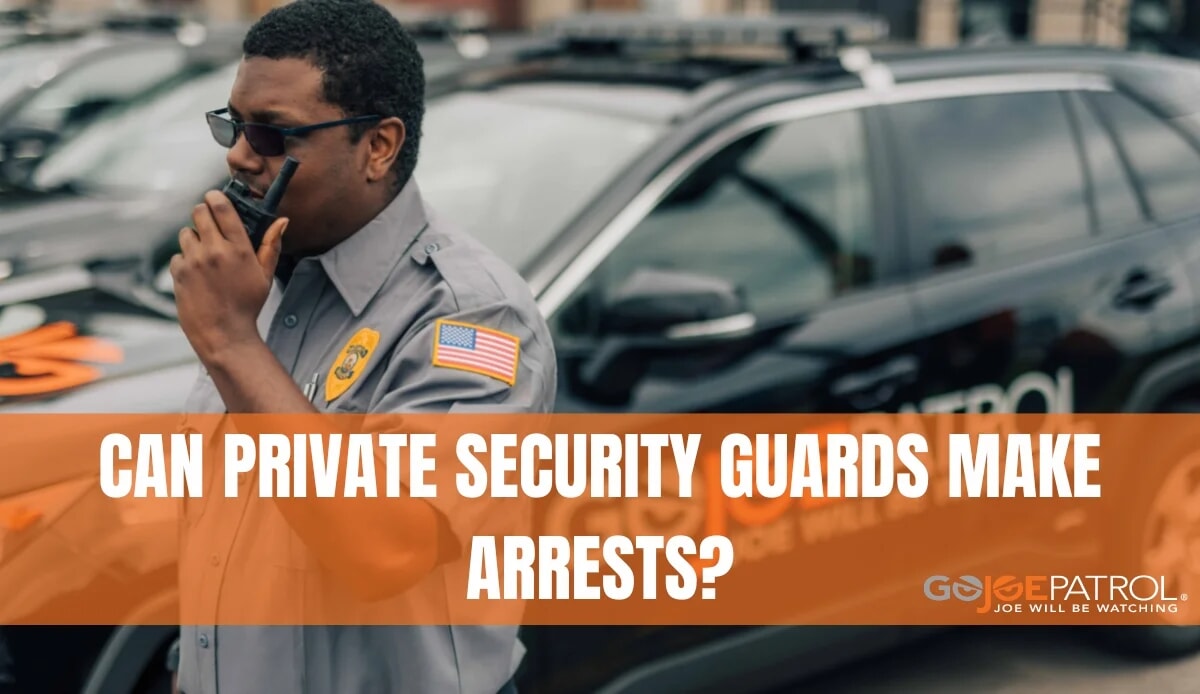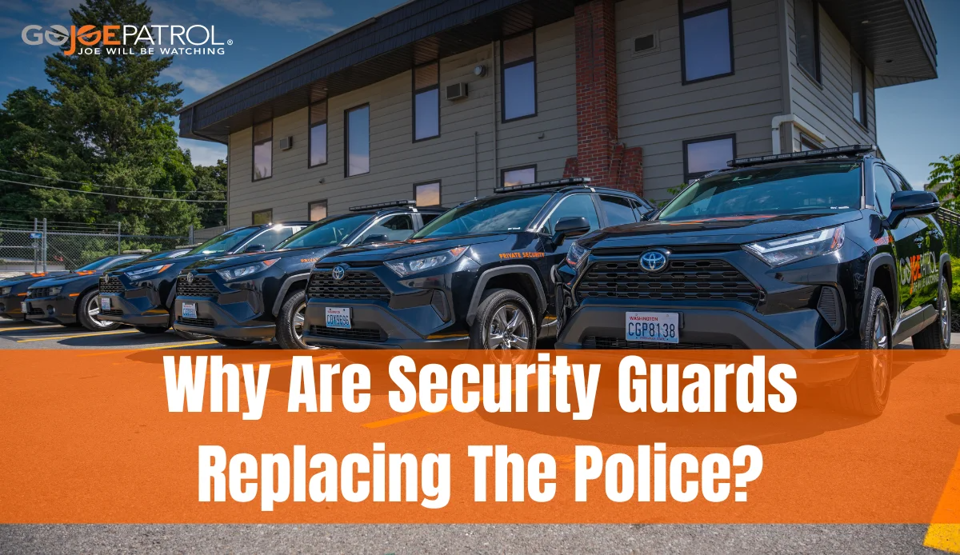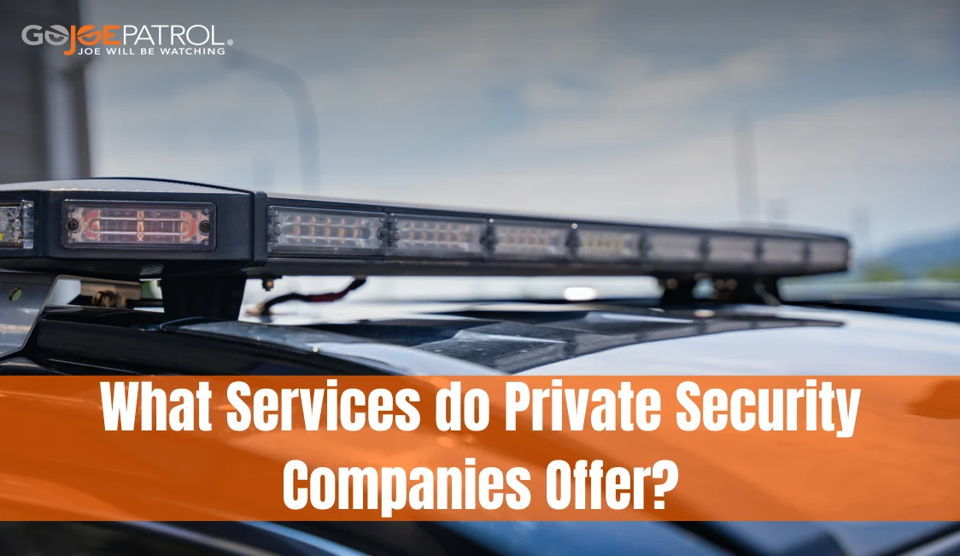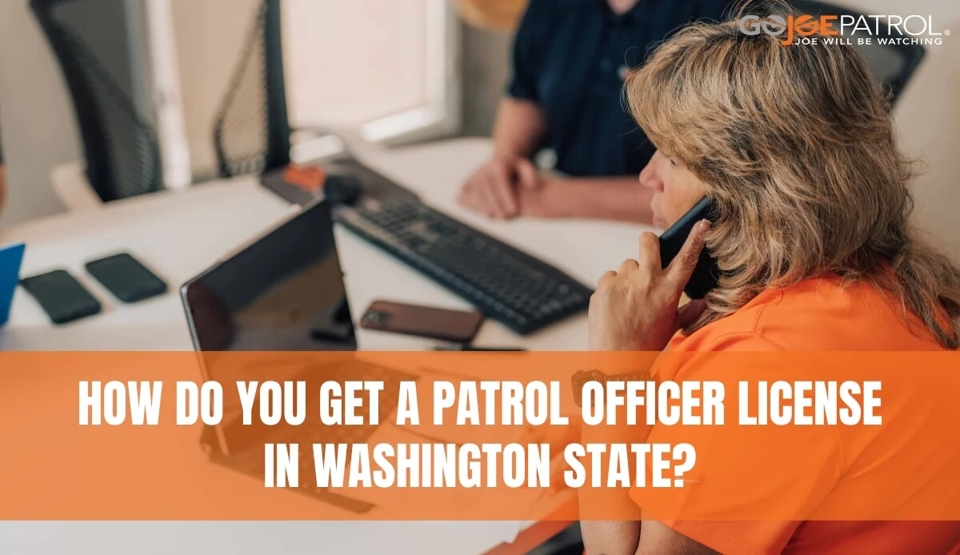Private security guard jobs are becoming increasingly popular as the world becomes more uncertain. Many people feel that they need extra protection, whether it be for their homes or businesses. An unarmed patrol officer has the same responsibilities as an armed private guard, the only difference being that they can’t use deadly force.
In the United States, private security guards have a limited amount of authority. They are not sworn law enforcement officers, and they are not allowed to make arrests. However, they can detain a person if they have reasonable suspicion that the person has committed a crime. The security guard must immediately contact the police and turn the suspect over to them.
In rare cases, a security guard may be able to use physical force to detain a suspect until the police arrive. In cases where a security guard has detained someone, it is crucial to follow the proper protocol to ensure that the individual’s rights are protected.
How Should an Unarmed Patrol Officer Detain a Suspect?
In the event of a crime or disturbance, on-site security guards are often the first responders on the scene. As such, it’s crucial that they be well-trained in how to safely and effectively detain suspects. First and foremost, guards should always exercise caution when detaining someone. This means being aware of their own safety and the safety of others as well as the suspects.
Guards are trained to stay calm and take care not to use excessive force. If, at any point, the situation escalates, the guard should call for backup. Following these guidelines will help ensure that both the guard and the suspect remain safe during detention.
What Other Duties Can an Unarmed Guard Perform?
Patrolling
Patrolling is an essential security function that helps to deter crime and maintain order. Security guards can perform patrol duties in a number of ways depending on the size and layout of the premises they are guarding.
Foot patrols are common in small businesses and residential complexes, while larger facilities may require the use of a patrol vehicle. In addition to monitoring for crime and suspicious activity, security guards on patrol also perform regular checks of doors and gates and may be required to provide assistance to staff and guests.
De-Escalation
While guards are not expected to put themselves in harm’s way, they can often diffuse tense situations through their words and actions. One of the key techniques for de-escalation is active listening. This involves engaging with the person who is causing the disturbance and trying to understand their perspective. GoJoe Patrol officers go through extensive de-escalation training before entering the field.
Guards should also remain in control and avoid raising their voices. If necessary, they can move the person away from the immediate area.
At GoJoe Patrol, we offer a comprehensive range of security services, from mobile patrol to alarm response to armed security. We also train and hire for private security officer jobs. Contact GoJoe Patrol today to learn more about our security services.






